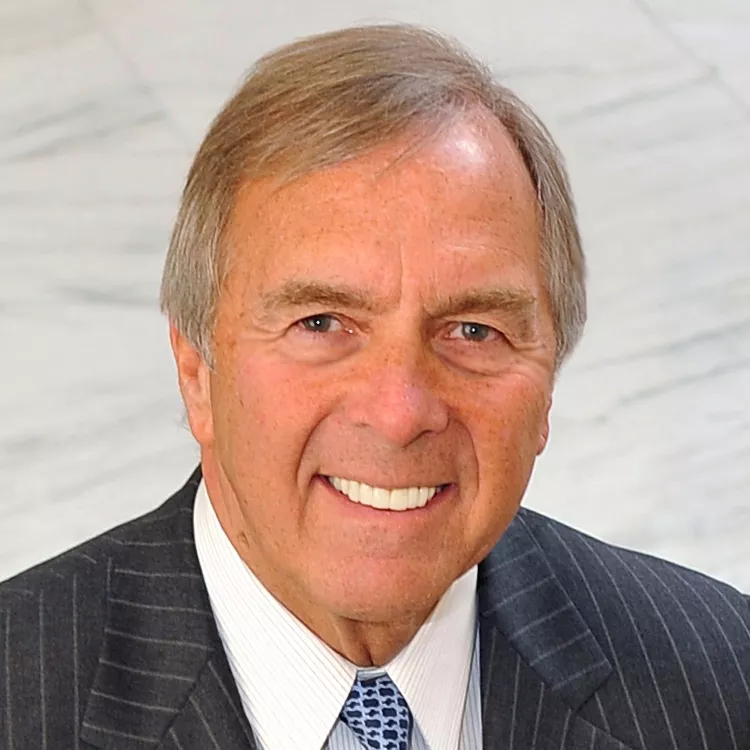Last month's downing of the Malaysian jetliner over Ukraine has created worldwide concern over what appears to be such aggressive action by Russia. There's no greater concern anywhere than in the Netherlands, the nation whose countrymen suffered the highest death toll, percentage-wise even greater than Americans suffered on 9/11. Having just returned from Amsterdam, the Dutch are clearly a barometer of worldwide concern over international conditions.
The Netherlands is a small, densely populated country with some 16 million residents. A proud nation, the Netherlands survived World War II with help from the United States and Great Britain. The Dutch remain grateful for their wartime survival after German occupation. Though not strategically a strong European military force, it borders Belgium and Germany. Its government leans left and is generally socially liberal. It has a constitutional monarchy with a parliamentary democracy. Fifty percent of the Netherlands lies below sea level; its name means "low country." A member of NATO and other European organizations, it was recently designated by the United Nations World Happiness Report as the fourth "happiest country" in the world. Its history stretches back to the 1500s. Its economic fortunes have ebbed and flowed over hundreds of years. The Dutch connection with America stems from its immigrant settlements in the 1600s in what is now New York. King Willem-Alexander heads the Dutch constitutional monarchy.
Having served as a member of the Board of Supervisors of a large Dutch-based company — ARCADIS NL — since 2005, made some 70 trips to the Netherlands and cycled much of the country, I like and respect the Dutch people and their opinions. When told of the anger at Russia, seething yet controlled out of respect for the deceased, I understood the Dutch way. It remains to be seen whether the economic stranglehold Russia holds over Europe trumps the violence it wreaked on a passive Netherlands.
Dutch television showed two large cargo aircraft from Ukraine landing in the Netherlands on July 24, greeted by the King and Queen, and the sobering, silent, stoic offloading of 74 coffins to a line of black hearses nearby. Soldiers offering full military honors to the deceased tenderly carried the coffins of slain Dutch citizens, marching them reverently to nearby transport vehicles, guarded by saluting military personnel, to be driven to places designated for body identification. The hearses drove from the airport, forming a thin black line observed by thousands of Dutch citizens paying their last respects, laying flower tributes in memory of their slain countrymen.
One Belgian friend lamented to me how vulnerable the Netherlands, and all of Europe, is to the geographical arc of trouble spots worldwide, from Israel and Gaza in turmoil, to the ISIS sectarian warfare in Iraq, to Iran seeking nuclear capability, to the spark of unrest occurring in Africa, to the hegemony of Russia. Unchecked aggression by the world's bad actors is consequential for freedom-loving and relatively benign countries, such as the Netherlands.
Egypt is in turmoil, and Israel is threatened lately with thousands of Palestinian and Jewish war victims. Afghanistan is war-torn, and China is aggressively controlling Hong Kong. Perhaps the tragedy of the 194 dead Dutch citizens will wake up the world to the danger of unchecked aggression by nations that have little respect for human life.
The question for policymakers everywhere is whether aggression on Europe's borders will be confronted.
Historically, the United States has acted as a bulwark against aggressive nations, but today, U.S. leadership is missing where action is required. Largely absent in Syria, disrespected by Russia and now exiting Afghanistan and Iraq, the U.S. has an international role to fulfill. Idly waiting for Europe to solely defend itself against aggression from a ruthless Russia won't work. Without someone standing strong, too many innocents will die. Other nations will follow America's lead — if it will lead. Today's American leaders seem unwilling to use America's power — or even its voice — to influence world affairs. The result? International chaos.
Though American military power cannot solve all of Europe's challenges, Europe would be emboldened by strong U.S. words against aggression and lawlessness, coupled with strategic actions (reinserting missile defenses and public military exercises) to condemn the deaths resulting from the missile attack.
It's in Europe's best interest to assert its independence and demand collective action, more than economic sanctions alone, against Russia's unchecked aggression. The Dutch United Nations representative publicly summed up, in one word, the feelings of all nationalities who abhor senseless killing by aggressive peoples everywhere: "Despicable." ♦

















